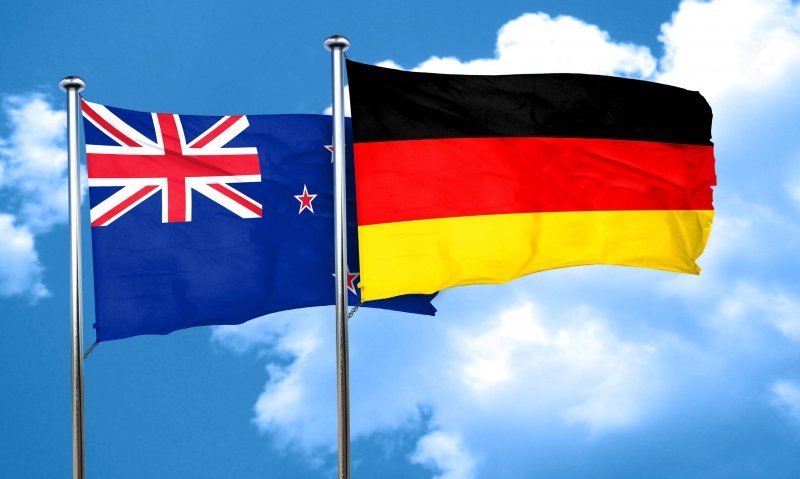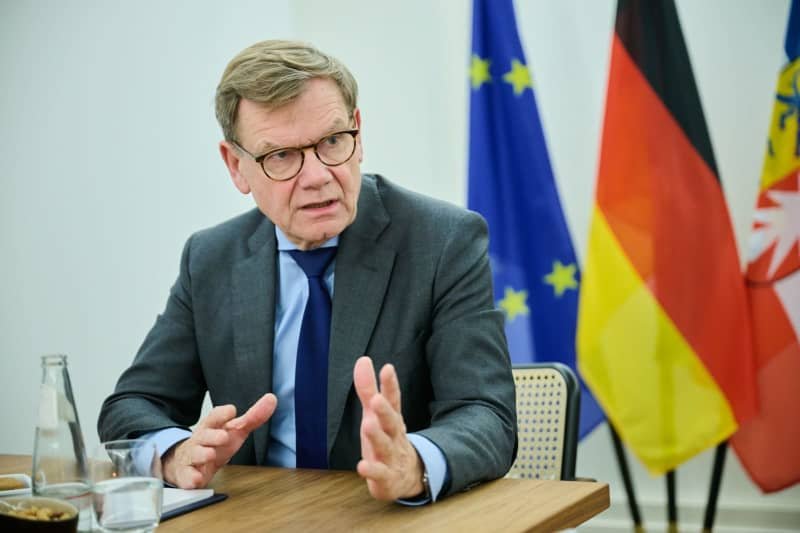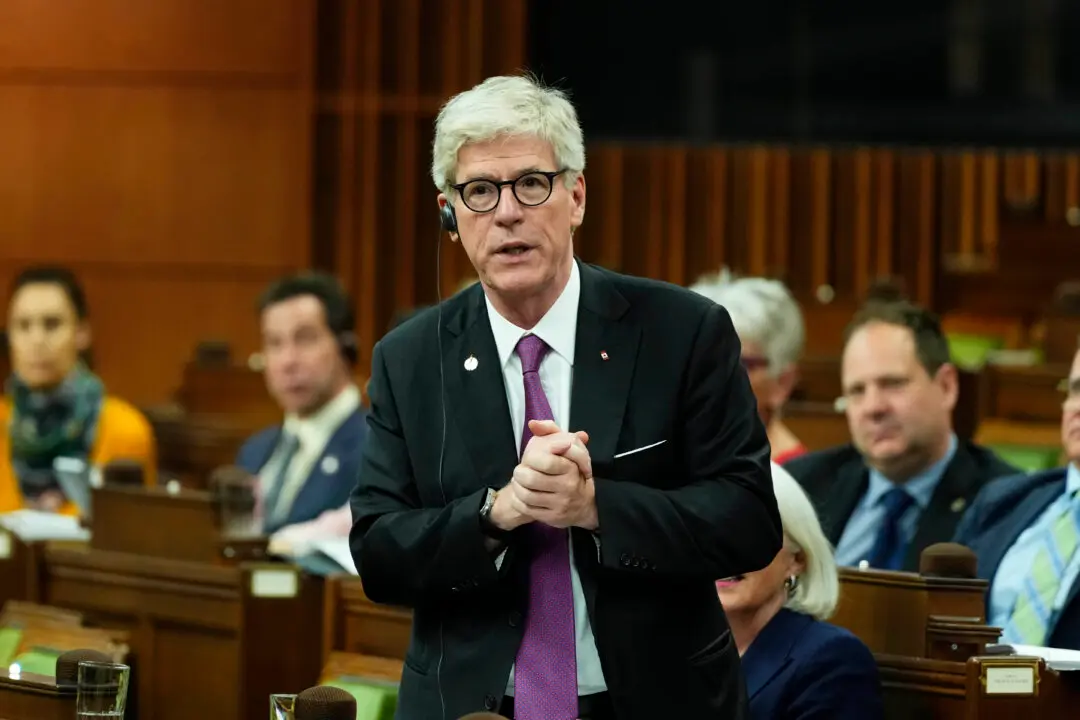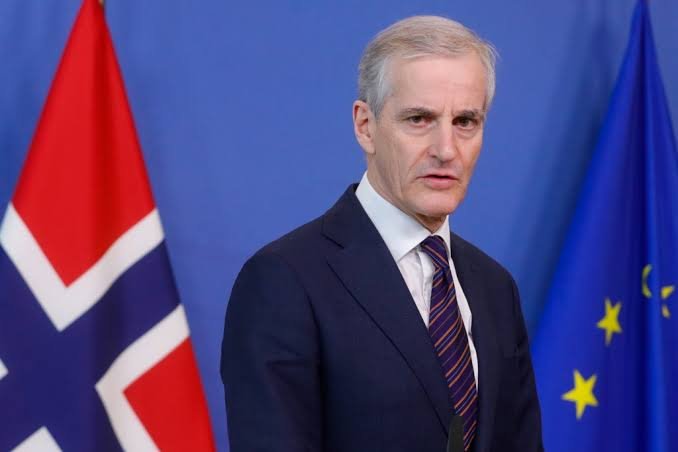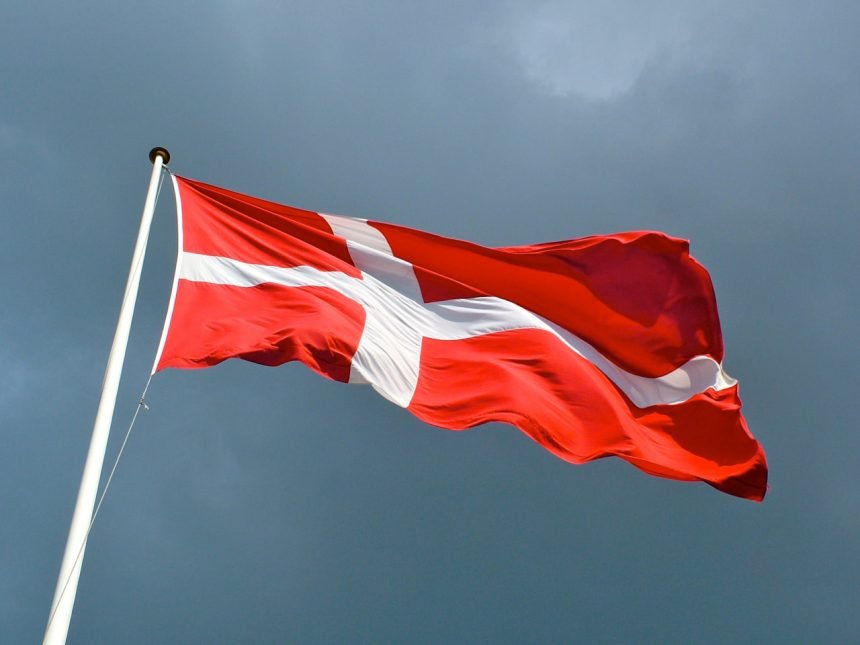Berlin, September 02, 2024, The Europe Today: In a significant political shift, voters in Germany’s federal states of Thuringia and Saxony turned out in large numbers on Sunday, propelling the far-right Alternative for Germany (AfD) to the top of the polls. This marks the first time a far-right party has finished first in a state election in Germany since World War II.
Projections by public broadcasters ARD and ZDF, based on exit polls and partial vote counts, indicate that the AfD secured between 32.8% and 33.4% of the vote in Thuringia, placing them ahead of the center-right Christian Democratic Union (CDU), which is forecasted to come in second with 23.8% of the vote.
The AfD’s leader in Thuringia, Björn Höcke, celebrated the projected outcome as a “historic victory,” stating that the party is “ready to take government responsibility.” However, no other party has indicated a willingness to form a coalition with the AfD, complicating the party’s path to governance.
Carsten Linnemann, the CDU’s national general secretary, reaffirmed his party’s stance against collaborating with the AfD, stating, “Voters in both states knew that we wouldn’t form a coalition with the AfD, and it will stay that way.”
In Saxony, the CDU narrowly held onto the lead with a projected vote share between 31.5% and 31.8%, while the AfD is close behind with 30.8% to 31.4%. Despite the tight race, incumbent state premier Michael Kretschmer of the CDU expressed confidence in leading coalition talks.
The elections also delivered significant setbacks for the Greens and the Free Democratic Party (FDP) in Thuringia, both of which failed to meet the 5% threshold necessary to remain in the state parliament. The Left Party and its state premier, Bodo Ramelow, saw their vote share plummet from 31% in the last election to a projected 12.9%.
In Saxony, the Left Party also fell below the 5% threshold, a steep decline from their previous 10% vote share. Although the Greens managed to retain 5.2% of the vote, they too experienced a decrease in support.
The results have been described as a “profound turning point” by Omid Nouripour, co-leader of Germany’s Greens, who expressed concern over the rise of an openly far-right party as the strongest force in a state parliament.
Chancellor Olaf Scholz’s center-left Social Democratic Party (SPD) also suffered losses, with projected vote shares of 6% in Thuringia and 7% in Saxony. The dismal results for Scholz’s federal coalition, which includes the SPD, FDP, and Greens, have drawn sharp criticism from the CDU and other opposition parties.
The emergence of the Sahra Wagenknecht Alliance (BSW), a new party formed by former Left Party leader Sahra Wagenknecht, further fragmented the left-wing vote. The BSW, combining anti-immigrant rhetoric with left-wing economic policies, is expected to place third in both Thuringia and Saxony, positioning itself as a potential kingmaker in coalitions aimed at excluding the AfD.
As Germany grapples with this significant political shift, the outcome of coalition negotiations in these key eastern states will be closely watched, particularly as they signal the rising influence of anti-establishment forces in the country’s political landscape.

